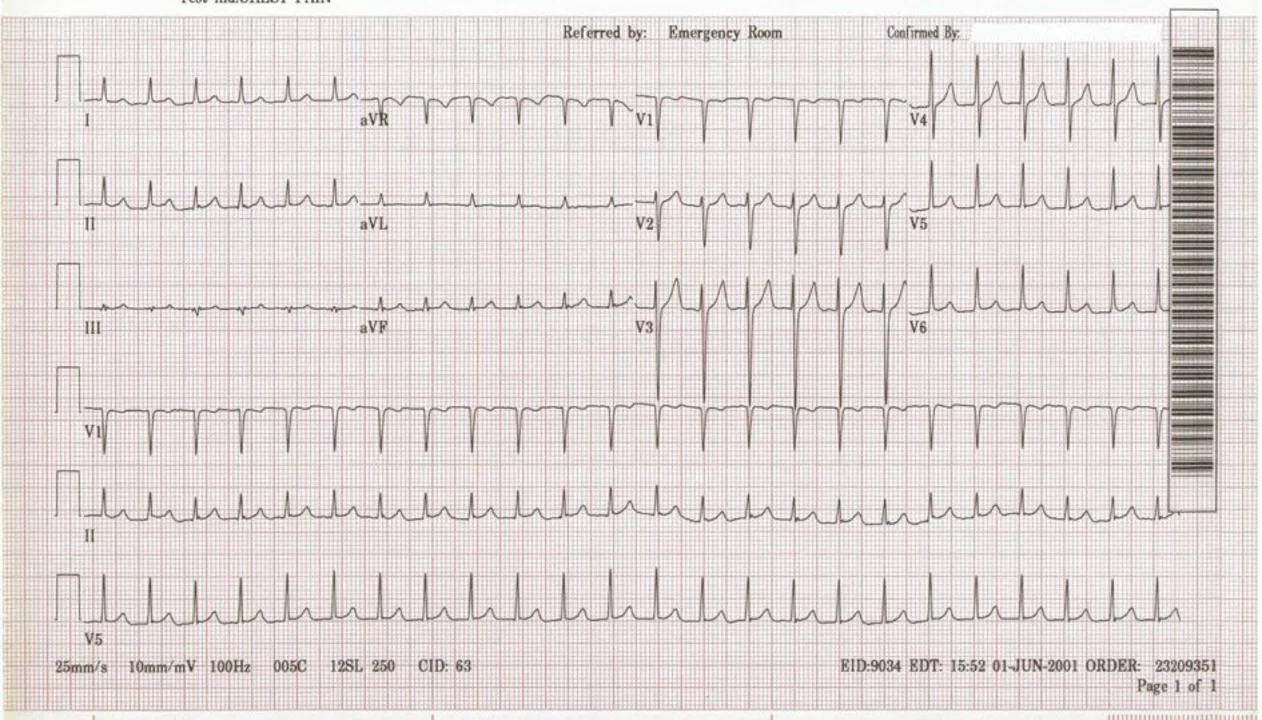Supraventricular Tachycardia (SVT): What It Feels Like and What To Do Now
If your heart suddenly races—120, 150, 200 beats per minute—without clear reason, you may be dealing with supraventricular tachycardia (SVT). SVT is a fast heartbeat that starts above the heart's ventricles. Episodes can last seconds to hours. They often start and stop suddenly and can be scary, but most episodes aren’t life‑threatening in otherwise healthy people.
How it feels: pounding in the chest, a fluttering sensation, lightheadedness, shortness of breath, or brief fainting. Some people only notice anxiety or sweating. Symptoms can come during exercise, after caffeine or alcohol, with fever, or out of the blue.
Quick steps to try at home
If you feel an SVT episode and have no severe symptoms (no chest pain, fainting, or severe breathlessness), try vagal maneuvers first. The Valsalva maneuver—take a deep breath, hold it and bear down like you’re having a bowel movement—can slow the heart. A modified Valsalva combines a quick strain then lying flat and raising the legs; this works better in many cases. Carotid sinus massage can help but do not try it if you have carotid artery disease, recent stroke, or are over 65 without medical advice. If maneuvers fail and you feel worse, seek emergency care.
Diagnosis and medical options
Doctors confirm SVT with an ECG or a portable monitor if episodes are brief. In the ER, a drug called adenosine often stops SVT quickly. Other medicines used include beta‑blockers or calcium channel blockers to control rate. If episodes are frequent, catheter ablation offers a long‑term fix: a thin wire maps the extra electrical pathway and burns or freezes it. Success rates for ablation are high and recovery is usually quick.
When to go to the ER: chest pain, fainting, severe shortness of breath, or if the fast heartbeat won’t stop with usual steps. Also seek care if you have known heart disease or low blood pressure during an episode.
Triggers and prevention: cut back on caffeine, avoid heavy alcohol use, treat fever or dehydration, and manage stress. Keep a short diary noting when episodes occur, what you were doing, and what you ate. That helps your clinician identify triggers and choose the best treatment.
Living with SVT: many people lead normal lives after treatment. Some prefer medicines, others choose ablation for a more permanent fix. Talk with your cardiologist about risks and benefits based on your age, job, and how often episodes happen.
If you’re unsure what’s causing palpitations, get checked. A simple ECG during symptoms, or a heart monitor for a few days to weeks, often gives the answers and peace of mind.
Common questions people ask: Can SVT be prevented? Not always, but avoiding known triggers and treating illnesses early helps. Does SVT shorten life? In most healthy people without other heart disease, treated SVT does not shorten life expectancy. What about during pregnancy? SVT can start or worsen in pregnancy; treatment plans work around safety for both mother and baby. Always tell your doctor about prescription drugs, over‑the‑counter medicines and herbal supplements—some decongestants, diet pills, and energy products can trigger episodes. Get help.
Supraventricular Tachycardia and Driving: Safety Tips and Guidelines
As a blogger, I recently explored the topic of Supraventricular Tachycardia (SVT) and its impact on driving. SVT is a rapid heart rate condition that can cause dizziness, shortness of breath, and even fainting, which can be hazardous while on the road. To ensure a safe driving experience, it's crucial to consult with a healthcare professional and discuss any potential limitations or restrictions related to driving. Additionally, it's essential to take prescribed medications regularly, stay well-hydrated, and avoid triggers such as stress or excessive caffeine intake. By following these guidelines and staying in tune with our bodies, we can continue to enjoy the freedom of the open road while managing SVT effectively.

